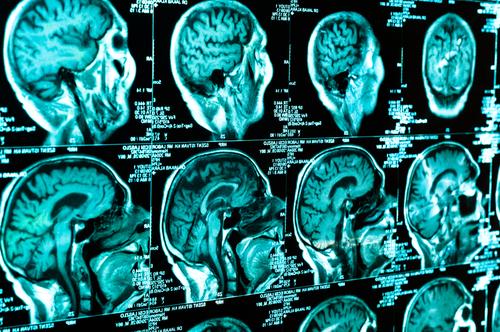Internet Use Rewires the Brain

What’s the Latest Development?
While Nicolas Carr’s popular book The Shallows gives anecdotal evidence of how obsessive Internet use affects one’s behavior, some hard science is now shedding light on how modern communication technology is affecting brain function. “A study published in PLoS ONE, suggests self-assessed Internet addiction, primarily through online multiplayer games, rewires structures deep in the brain. What’s more, surface-level brain matter appears to shrink in step with the duration of online addiction.”
What’s the Big Idea?
Internet addiction is psychological rather than physical and can be a way to cope with a stressful life style. The condition is more prevalent in China, say researchers, where people are given to work 16 hours a day, six days a week. “Several studies have linked voluntary and excessive online use to depression, poor school performance, increased irritability and more impulsiveness to go online (confounding addicts’ efforts, if they want to at all, to stop pouring excessive time into online games).”





